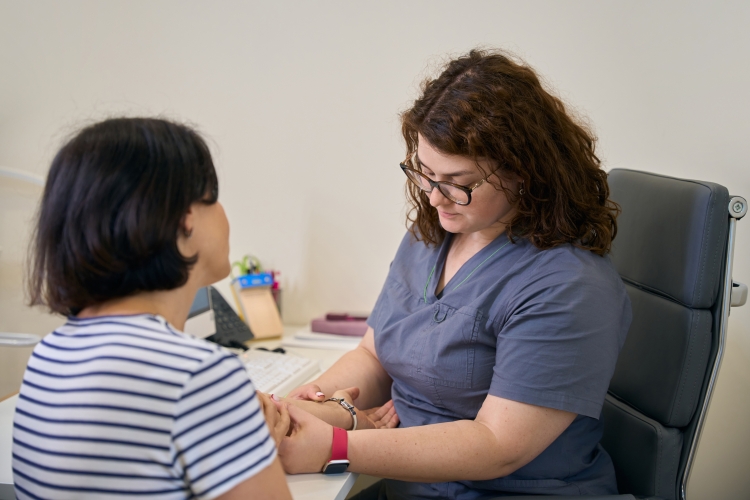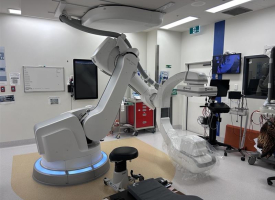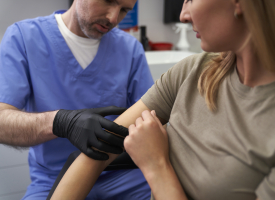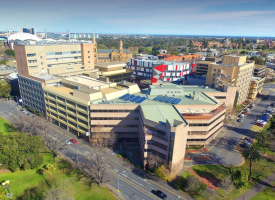Media Release: Backing women in medicine
During Women’s Health Week (1-5 September), the Australian Medical Association in South Australia (AMA SA) is calling for resolute action to support women in medical leadership – for the benefit of patients and the health system.

Healthcare leader, general practitioner and AMA SA Councillor Dr Emily Kirkpatrick says patients receive better care when women are proportionately represented in the medical sector.
‘Our impact is greater when women are leaders in all levels of our health system,’ Dr Kirkpatrick says.
‘Take endometriosis, for example. One in seven women live with this chronic, incurable condition, yet many face years of delays in diagnosis and treatment.
‘Part of the problem is that conditions like endometriosis have long been under-recognised and underfunded. But when women are at the decision-making table, healthcare priorities better reflect the needs of all patients, including female patients.’
While the number of female doctors in Australia has grown by 38% over the past decade, women remain underrepresented in the workforce.
According to the Australian Institute of Health and Welfare, 45% of doctors but only 36% of non-GP specialists are women. Leadership gaps persist too – just 39% of private hospital CEOs and 38% of chief medical officers are women.
AMA SA Councillor and Flinders University Dean of Medicine and Public Health Dr Jayanthi Jayakaran says systemic change is needed.
‘We don’t just need more women in medicine – we need systems that allow them to thrive,’ Dr Jayakaran says.
‘Unlocking the full potential of our female workforce isn’t just good policy – it’s smart healthcare.’
As Women’s Health Week begins, AMA SA is calling for:
• Flexible training pathways and workforce arrangements that support women and unlock the full potential of the medical workforce
• Workforce mapping to understand career pathways and barriers, including disruptions that prevent women from reaching leadership or prompt them to leave the workforce prematurely
• More investment in general practice as the frontline provider of preventative care, enabling early recognition of conditions such as endometriosis and perimenopause
• Mentorship programs supported by both women and men in leadership positions.
AMA SA President Associate Professor Peter Subramaniam says systemic change will require focused leadership in both government and non-government sectors.
‘We want a future where women are fully represented at every level – in general practice, operating theatres, research labs and around boardroom tables,’ he says.
‘This is not just about equity. This is about building a stronger health system.
‘AMA SA is committed to supporting the next generation of medical leaders for the good of all Australians, through our public advocacy and through the mentoring and professional development opportunities we offer younger doctors.’
For more information please contact Media Manager Ben Terry on 0478 847 604.



